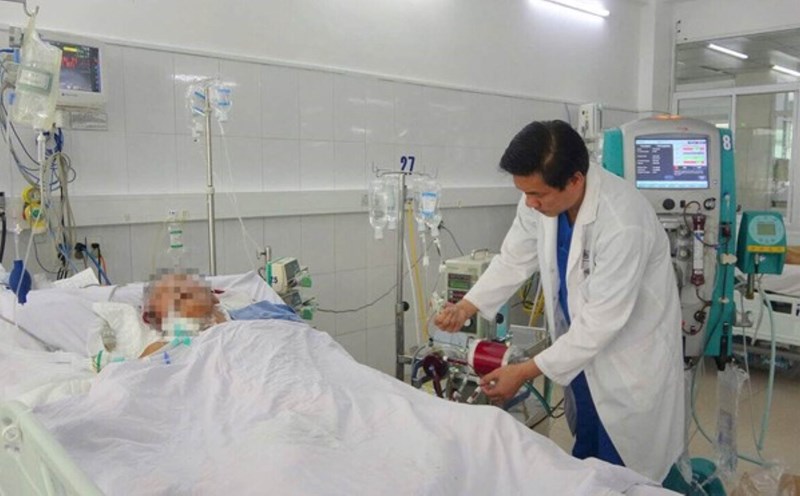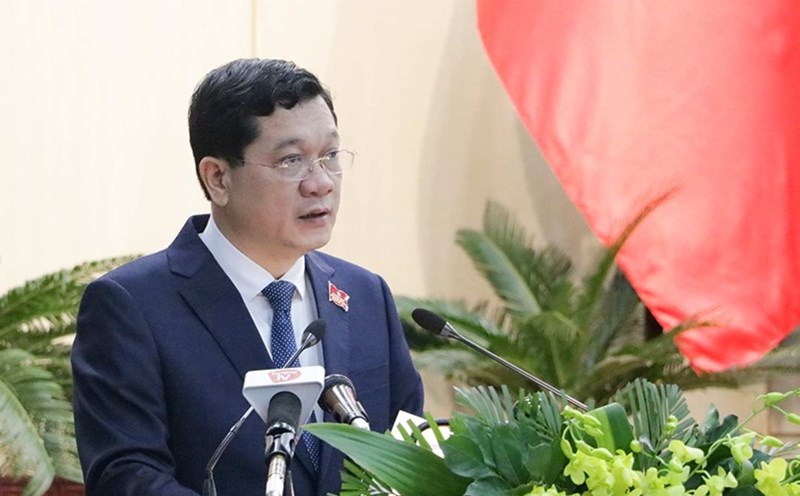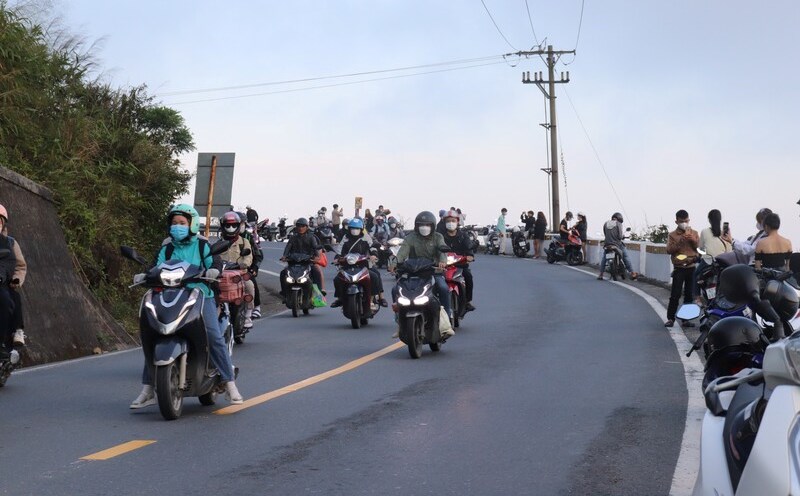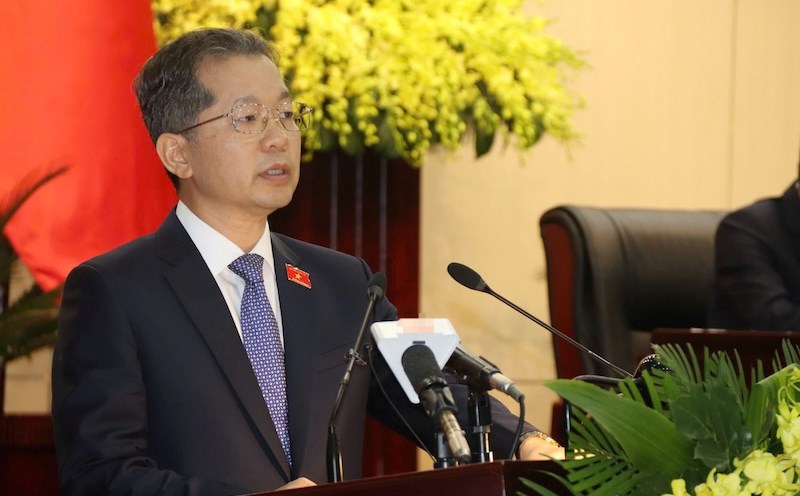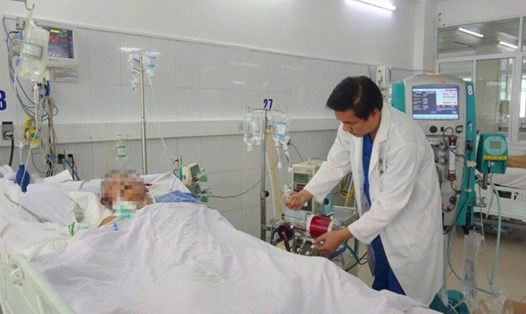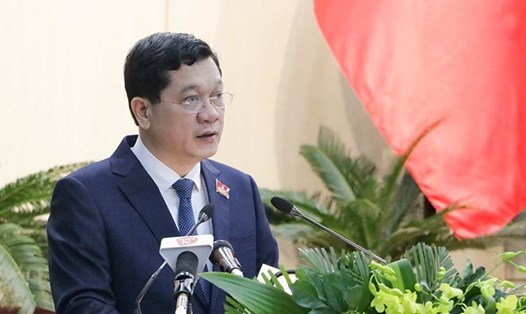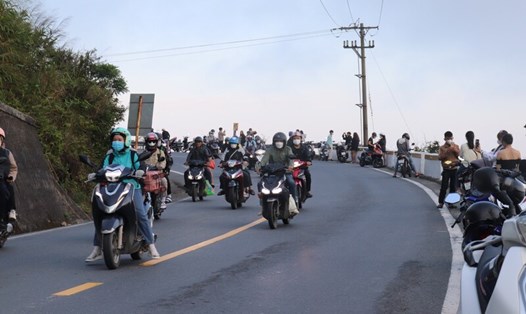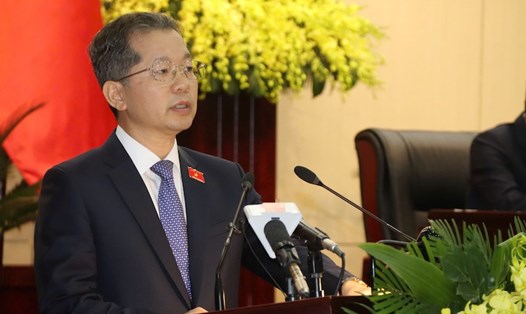At the question-and-answer session on December 13 of the Da Nang City People's Council meeting at the end of 2024, the issue of slow progress in the construction of two large waste treatment plants once again became the focus of attention of voters and residents.
Director of the Department of Natural Resources and Environment Pham Nam Son said that the 650-ton/day waste treatment plant project has 9 implementation contents, of which only 3 have been completed. The remaining contents such as environmental impact assessment, design documents, and fire prevention and fighting are all in the process of completing procedures. The 1,000-ton/day plant project still has many problems in the appraisal of the feasibility study report, and is expected to be implemented by the third quarter of 2026.
In fact, these two projects have lasted for many years, through many terms, but have not been completed. The 650-ton plant started in 2010, and the 1,000-ton plant in 2017, but so far it is still only on paper. This situation not only makes it difficult to treat waste but also has a negative impact on the environment, as well as the city's goal of developing renewable energy.
The 650-ton factory project was granted the third adjustment certificate by the Department of Planning and Investment in 2023. The Department of Natural Resources and Environment has repeatedly sent official dispatches urging Vietnam Environment Corporation to speed up the progress. Although the investor is submitting an application for adjustment of the investment certificate, this application is still not consistent with the approval of the 1/500 detailed planning. This leads to continued editing, prolonging the implementation time.
According to the direction of the People's Committee of Da Nang City, the investor must urgently complete the documents, start construction in the first quarter of 2025, and commit to completing and putting into use in the third quarter of 2026.
For the 1,000-ton factory project, the City People's Committee has decided to implement it under the public-private partnership (PPP) model. However, the project encountered many difficulties during the appraisal of the feasibility study report. The appraisal team pointed out many unsatisfactory contents such as inappropriate area scale and total investment, and the proposed technology did not meet current standards.
The city has directed relevant agencies to assign specific tasks and progress to promptly resolve existing problems, ensuring that the project can be implemented in the third quarter of 2026.
The delay in the progress of the two waste treatment plant projects has caused many consequences. Waste collection and treatment in the area has encountered many difficulties, causing environmental pollution and affecting the quality of life of the people. At the same time, the policy of creating renewable energy from waste cannot be implemented, slowing down the sustainable socio-economic development of the city.

